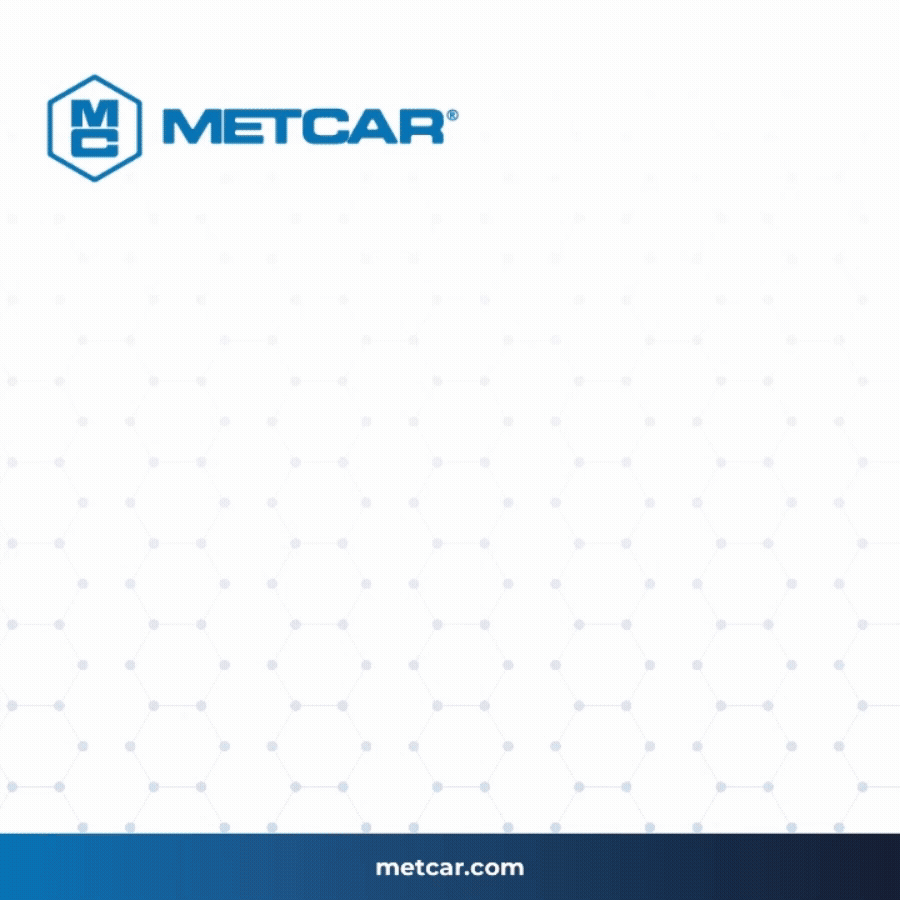DNV GL opens centre for natural gas testing
The company hopes to bring clarity to the problem of determining the energy density and chemical composition of LNG, enabling more transparent trade and pricing.
The self-described global quality assurance and risk management company intends the new LNG testing facility to improve the ways industry assesses the energy content and chemical composition of natural gas. A more detailed picture of natural gas could enable improvements in the performance of gas engines and improve pricing in LNG bunkering and transfer. The company says that for these latter benefits to materialise improvements in flowmeters would also be necessary.
The centre is a new addition to DNV GL’s current laboratory site dedicated to renewable energy technology and gas. The company said in a press release that it is the ‘first type of facility with a capacity compatible for the downstream sector’. A heat exchanger that allows the temperature of the LNG (and therefore its boil-off) to be precisely regulated is also a feature.
Located in Groningen, the Netherlands, the company hopes that it will help stakeholders ‘across the value chain’ address the problems posed by the differences in chemical composition, density and calorific values between sources of LNG worldwide.
Johan Holstein, head of gas testing and analysis at DNV GL Oil & Gas said in a statement that the centre would focus on the testing of new sensor technology to determine the composition of LNG: “The current accredited technology, gas chromatography, can take 3-5 minutes to show the composition of LNG,” Holstein said. “Sensors can give an answer in a second.”
For LNG fuel quality testing, DNV GL has engaged in a strategic partnership with Veritas Petroleum Services (VPS) to develop procedures and practices to ascertain and monitor LNG quality. DNV GL and VPS aim to develop a set of tools and measurement methods to provide the LNG industry with accurate, reliable and cost-efficient techniques to help break down the perceived barriers to LNG adoption.














